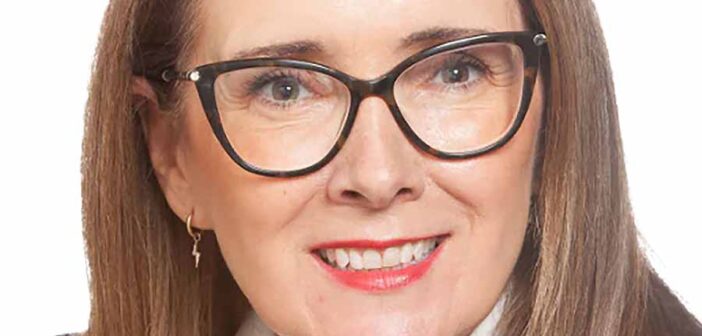Hotel room rates in Dublin show an increase in the first ten months of 2023, with rates of €210 in Dublin City Centre, €165 in the surrounding Dublin area, and €160 in the rest of Ireland. Despite the higher prices, customer demand remains strong and hotel occupancy is expected to remain robust, with rates of 85pc in the surrounding Dublin area, 83pc in Dublin city centre, and 77pc in regional hotels.
Occupancy levels in Dublin city centre are slightly below pre-pandemic levels, but in other areas they have surpassed pre-Covid rates.
The greatest increase in occupancy levels was recorded in 5-star luxury hotels in Dublin, with a 10.2pc rise and an average room rate of €234.
Deloitte’s 2023 European Hotel Industry Survey ranks Dublin the eighth most attractive European city for hotel investment according to. London and Lisbon are the top two cities for hotel investment.
Private equity remains the primary source of equity capital for hotel acquisitions in Europe in 2024, with sovereign wealth funds becoming the third largest source.
The hotel sector in Ireland is recovering, thanks to strong domestic demand and increasing interest from overseas visitors. There are 66,200 hotel rooms in Ireland (26 counties) as of Q4 2023, as completions in the twelve months reached over 1,800 rooms and 3,500 rooms in the pipeline.
Deloitte says factors such as extreme heat in other parts of Europe and the shift towards experience-led travel contribute to Ireland’s growing popularity as a holiday destination.
Domestic holiday trips by Irish residents increased by 7.6pc in Q1 2023 compared to Q1 2019. International travel to Ireland saw 4.2 million overseas visitors staying for an average of 8.1 nights with an expenditure of €1,300 per trip.
According to Fáilte Ireland research, 12pc of all registered tourism bed stock is under contract to the state.
Breda McEnaney, Associate Director in the Travel, Hospitality and Leisure advisory team at Deloitte Ireland commented: “many hotels are benefiting from government contracts with business spread over a consistent 12-month period – which significantly combats seasonal fluctuations that would otherwise be experienced – it also means there is reduced availability of hotel bedrooms for tourism and other purposes, including corporate or leisure.”
“Despite three very challenging years for the hotel industry, these insights highlight the recovery of the sector, and that strong domestic demand has played a significant role in this. In 2024, we expect occupancy rates to remain robust and be comparable to 2023, while new supply coming back on the market might soften rates.
“Rising costs, higher interest rates, a shortage of skilled labour and increased staff costs are cited by most executives in the hospitality sector as the top risks they face in trying to grow this year. The top priorities this year are managing inflationary pressures, maintaining profitability, increasing cashflow, and hiring and retaining talent.
“Owners and investors will have to assess any opportunities through a long-term lens and understand the demand dynamics that underpin the specific market they are operating in. Understanding customers has always been critical to the success of hotel operations, but now it is even more so. We’re seeing a growth in lifestyle brands entering the market that are experience-led, and tailored to specific audiences.
“Consumer demand has shifted to be experience-led, which is bringing more lifestyle brands into the market. Interest from overseas visitors is expected to continue growing as climate change and extreme heat elsewhere in Europe contributes to a rise in Ireland’s popularity as a holiday destination. We are also seeing that events, concerts and sporting fixtures continue to drive demand.
“Increased focus on customer personalisation is becoming critical. For example, we are seeing hotels like Citizen M entering the market with new concepts, putting technology at the centre of the customer experience. This means self-check-in, iPad control, and accessible, self-serving experiences for guests while not compromising on location. Getting the concept right (relevancy and purpose being the buzz words of the moment) will be essential, along with accurately positioning the hotel in the market.”
Rebecca Robinson, Director in Corporate Finance at Deloitte Ireland, commented: “more than half of respondents (56pc) expect hotel investment to be sourced from Europe. Funding from England (20pc) and North America (39pc) declined in 2023 due to slowing economic activity, but the Middle East and North Africa are increasingly becoming important sources of investment, with nearly 40pc expecting investment to come from the region, a 22pc increase compared with 2021.”
“Domestic travel has played a significant role in the hotel sector’s recovery, visitors from the US remain vital in the future development of this sector, spending 79pc more on their trips compared to the average overseas visitor – and specifically spending an additional 83pc on accommodation, while in Ireland.”




